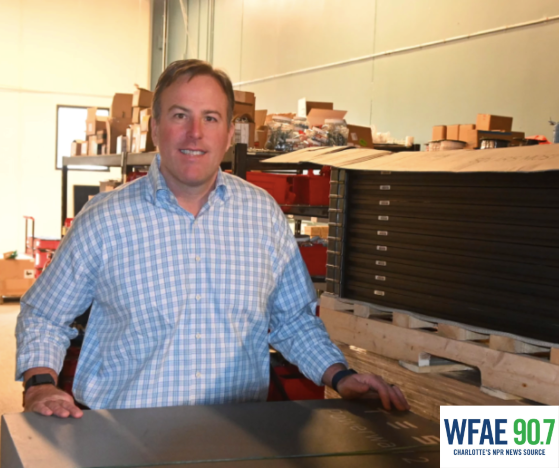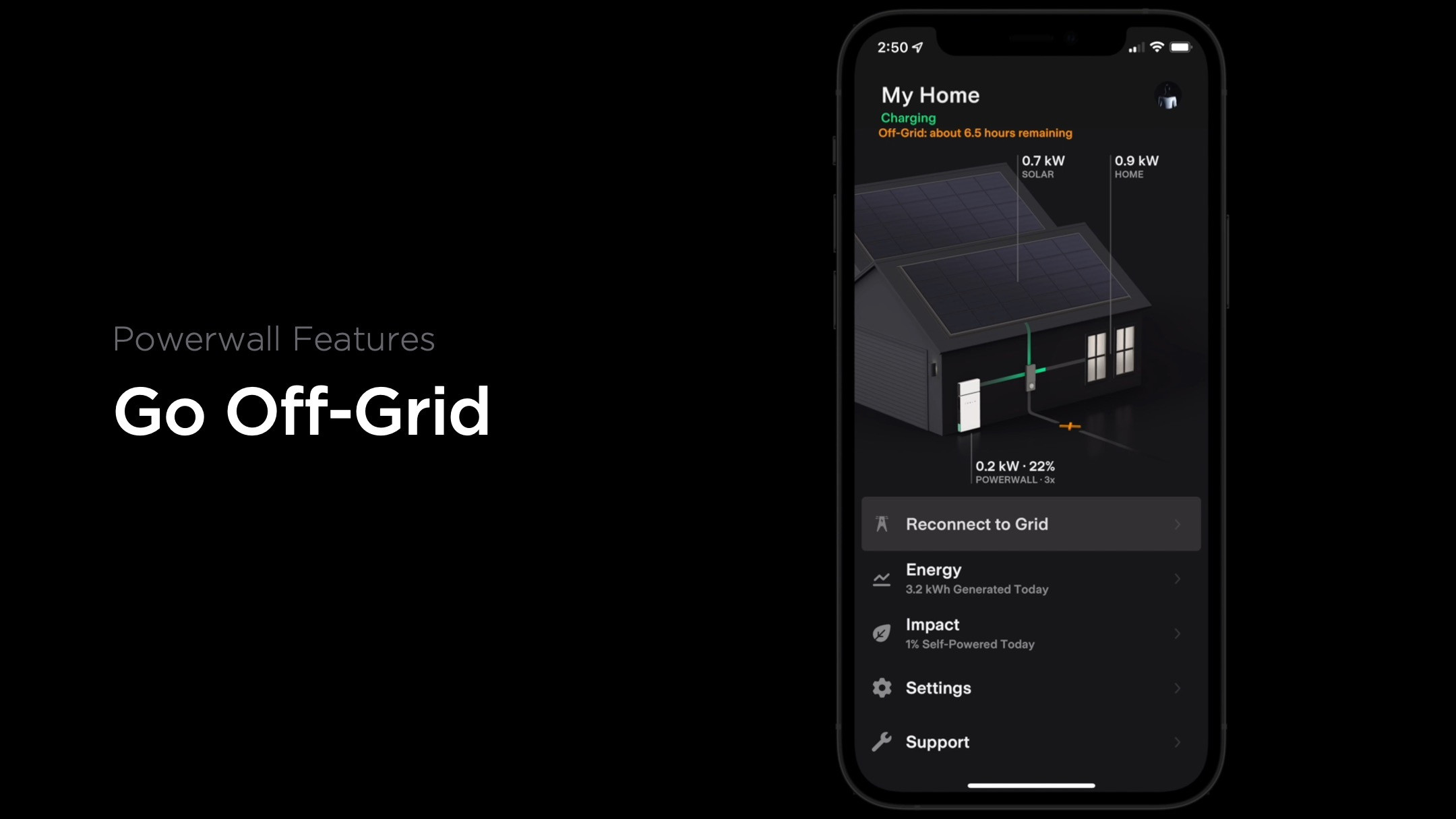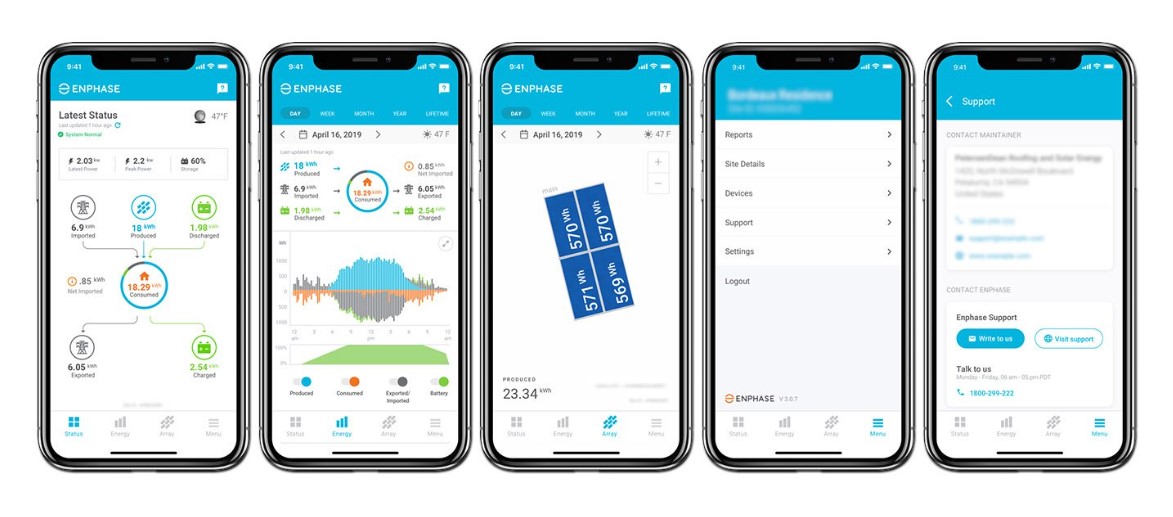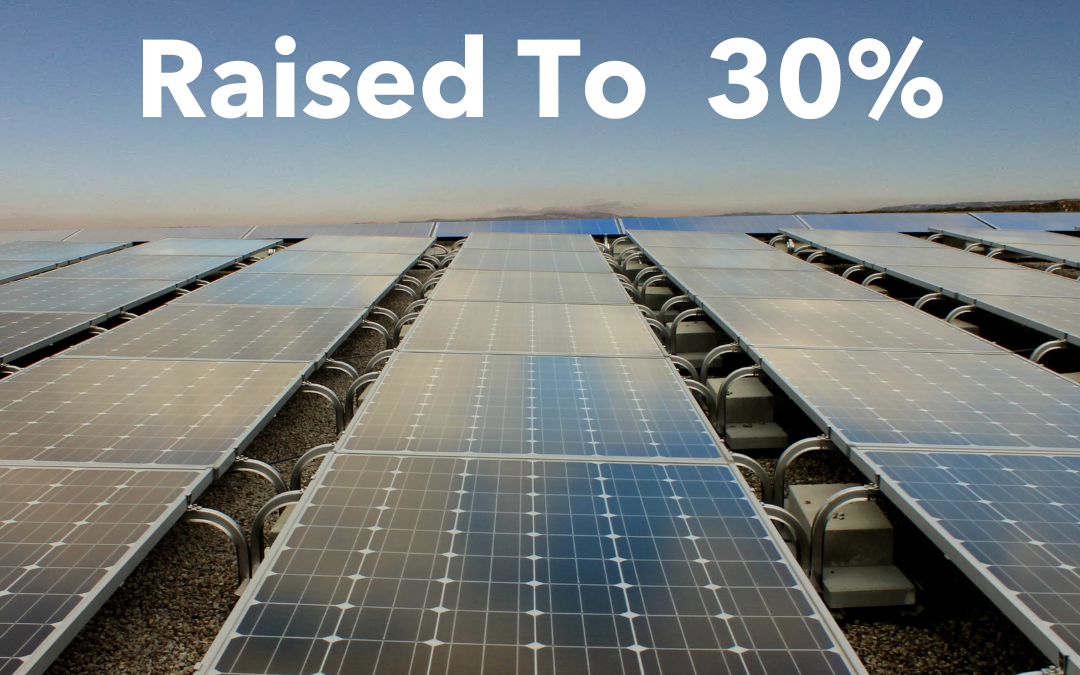Inflation Reduction Act of 2022
As solar loans and costs for system components are expected to increase, The Inflation Reduction Act of 2022 states that the tax credit for solar systems will begin at 30% until 2033. This bill will allocate $370 billion towards renewable energy and climate measures.
What This Means For Solar Energy
In regards to the solar industry, the federal tax credit for customers installing a PV solar system to their home or business will now be 30% as opposed to the previous percentage being 26%. This 4% increase will allow for customers to receive more money back when they purchase a solar system using cash or a solar loan. The 30% tax credit will be applied to installs on both homes and businesses. Customers who installed a solar system from the beginning of 2022 will also receive a 30% tax credit on their installation. Energy storage units that were installed from the beginning of 2022 will be eligible for the 30% tax credit, even if those energy storage units aren’t paired with a PV solar system.
According to the government, this credit will allow for 7.5 million more solar installations for families since families are able to save more on energy than ever before. In fact, families who install PV solar systems on their home can expect to save $9,000 during the lifespan of their system, which equates to $300 a year. Besides only using solar systems, government data states families who utilize clean energy, practice energy efficiency, and use electric vehicles can expect yearly savings of over $1000.
Additional Incentives
Depending on the project, additional “adders” may be added to the tax credit to potentially increase the credit to up to 50%. Some of these adders include factors such as domestic product use, type of organization, and project location.
Certain developers may be entitled to a “direct pay” provision. To qualify, a developer needs to have little to no tax liability. Developers may then be able to treat the credit as an overpayment of tax. In result, developers can receive a cash refund based on the overpayment. (Probably for commercial purposes)
In Conclusion
With the Inflation Reduction Act of 2022 being passed, the solar industry will have a huge opportunity for demand. Not only will numbers of installations increase, but more jobs and carbon offset could be produced as well as solar energy is on its way to become more rewarding and affordable than ever before.










